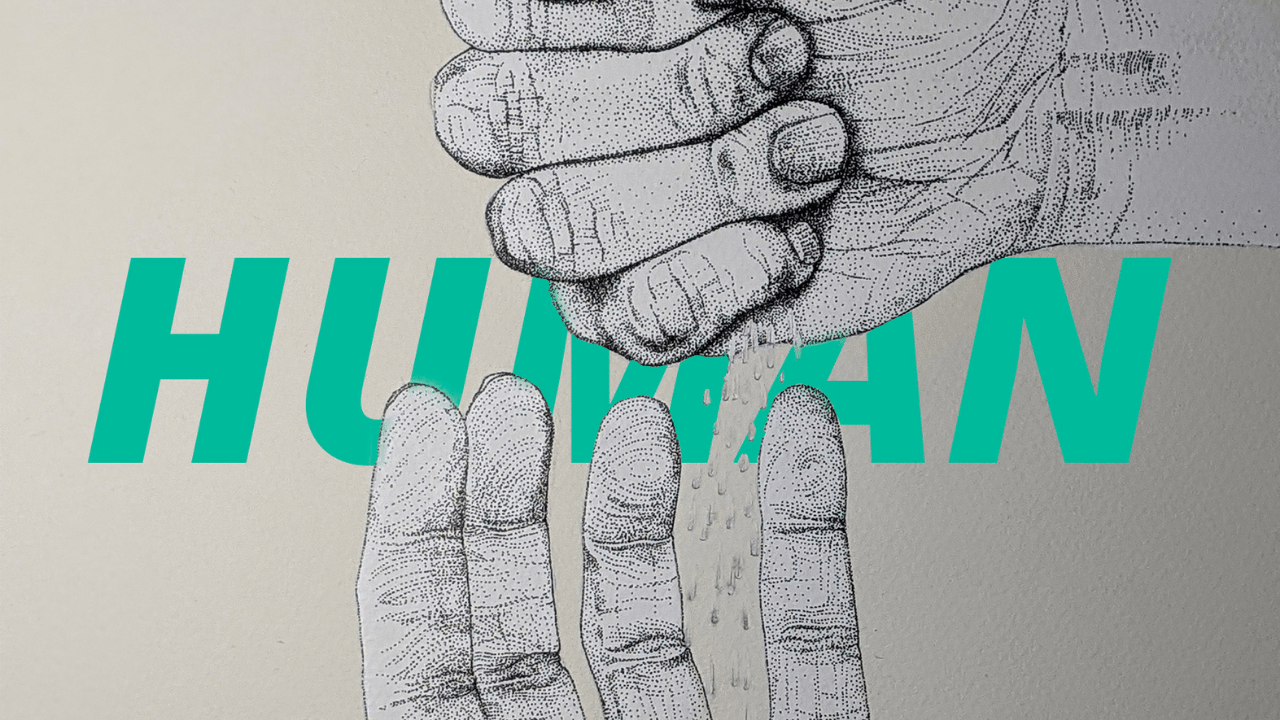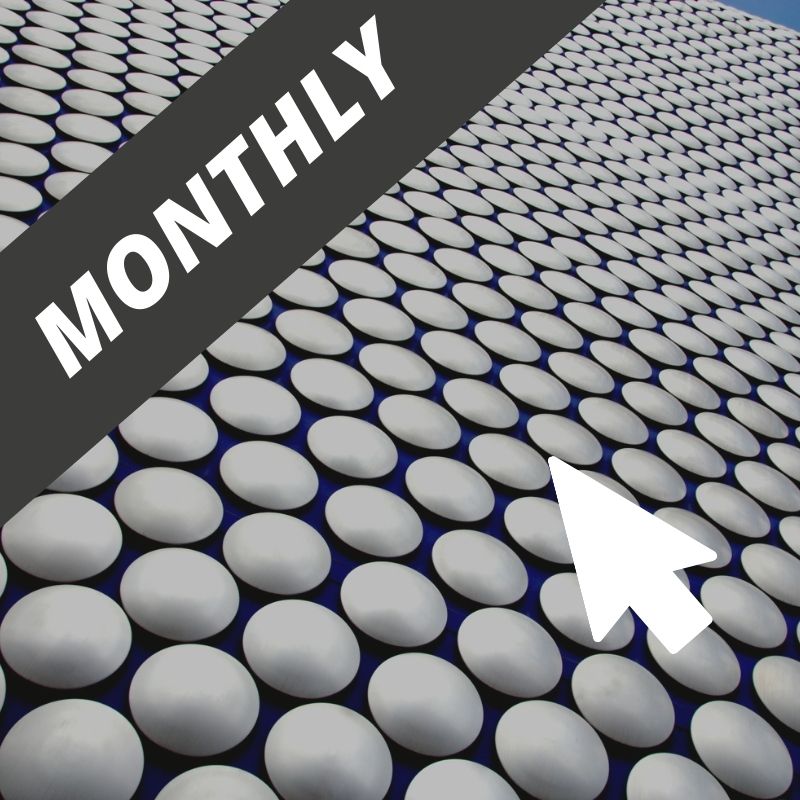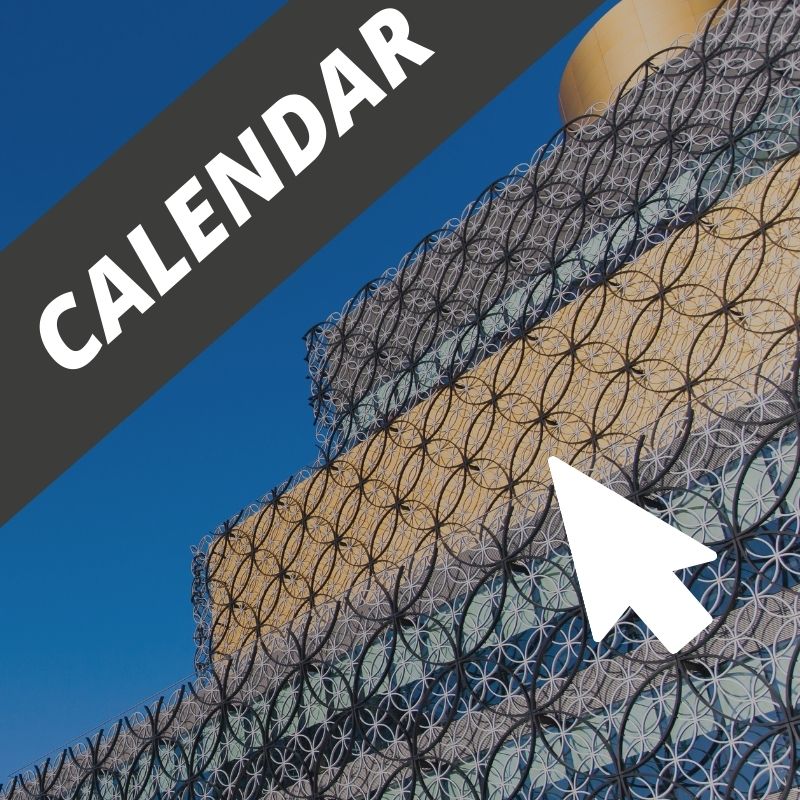Teaching Series Introduction:
People are complex. You and I are complex. How do we understand ourselves and each other? How do we move toward one another in God-honouring ways? How do we love wisely in the context of everyday relationships?
(Michael Emlet)
One of the most memorable songs in recent years is the song ‘Human’ by Rag ‘N’ Bone man. It’s an honest reflection on the complexity of human relationships, with the line ‘I’m only human after all. Don’t put your blame on me.’ It’s something we’ve all felt at times – I’m just human, don’t expect perfection! The word ‘human’ originally means ‘of the earth’. It’s where we get our word humours from – dust, from the ground, from the earth.
During 2020, we’ve had a glimpse of some of the limits of our humanity, but also some of the best of us humans. And, as we begin to emerge out of this pandemic, it’s worth getting back to basics to remember some foundations of what it means to be human. When we know who we are, we can rebuild for what’s ahead.
Our guide will be the very opening words of the Bible. Yes, the first few chapters of Genesis provide is with rock-solid foundations to be able to navigate uncharted times. We’ll be thinking about our purpose, our relationships, our sexuality, our identity, and how we live in changing times. We’ll be grappling with some pretty big questions that we all face in life.
And as we do so, we’ll discover the freedom in being neither dust nor divine. Yes, join us at Riverside to find the freedom in being able to say “I’m only human after all!”
Session 2
Title: Human – Session 2: Who Am I?
By: Tim Chilvers
Date: 24 January 2021
Bible Passage: Genesis (Chapter 1, verses 26 – 27)
We are made in God’s image…the crowing glory of creation. Everyone is valuable & precious. We are created from dust, but aren’t dust. But we are also created. We are valuable but not gods. Every single one of us. We are dust not divine. But, we are more divine than dust.
Children’s Resources:
If you would like to know about how you can get connected with our children’s groups please contact us, we would love to hear from you.
Activity Sheet
Colouring Sheet
Youth Resources:
Resources are sent out to all parents each week via e-mail. If you are not receiving these emails or would like to know about how you can get connected with our youth groups please contact us, we would love to hear from you.
Study Questions
- Do you think that everybody in our society should be treated equally? Why/why not?
- Read Genesis 1:26-27. What, according to this passage, are the differences between humans and animals? What do you think it means that humans are created ‘in the image of God’?
- During Sundays talk, Tim mentioned that this shows that every single human being has a wonderful dignity that is given by God. Regardless of any other achievement/popularity/status/relationship/behaviour everyone is precious. How does this change how you see yourself, and other people?
- Verse 27 describes that both ‘male’ and ‘female’ are made in God’s image. Why is this profound truth, which has so easily been ignored throughout history, so important? What areas of contemporary life are pushing back against this foundation?
- What do you make of the task that humans are given in v28 onwards?
- In a world that so often worships the things that are created (whether it is nature/people/relationships/achievements), this passage lays foundations to worship the creator. Everything fits into God’s story, and so humans are given the task of living according to his purposes. What does this look like in practice today?
- Take some time to pray for the way you see yourself, and the way you see other people. Ask God to help you see things as he does.
Further Resources
BOOK: ‘The Evolution of the West’ by Nick Spencer
VIDEO: https://www.publicchristianity.org/the-image-of-god-the-concept/
VIDEO: https://www.youtube.com/watch?v=jjTN5MDMeF8&feature=youtu.be
ARTICLE: https://www.theguardian.com/commentisfree/belief/2011/sep/07/political-bible-equality
ARTICLE: A brief reflection on what it might mean to be made ‘in the image of God’ https://www.bethinking.org/human-life/what-is-the-image-of-god
ARTICLE: http://www.veritas.org/the-scandalous-origins-of-human-rights/
ARTICLE: https://www.academia.edu/2128659/The_Missionary_Roots_of_Liberal_Democracy?auto=download
An article about how the sort of freedoms we take for granted (democracy, education etc) are a direct result of a Christian framework.
Watch Online: YouTube
Listen Online: Podcast
Transcript:
Welcome to Week 2 of this series that we’re calling Human. It’s a series where we’re exploring some of the biggest questions that we ever ask. Questions around who am I? What’s my purpose in life? Why does it hurt so much? Huge questions that we all ask from time to time, and certainly in the world at the moment many, many people are asking, and this week we’re asking one of the biggest questions.
But as we get into this, I owe you an apology. Because last week I said something that wasn’t right. You see, last week we were talking about what the word human means, and I was saying about how it comes from the idea of being from the dust or from the earth. That shows us that we are therefore neither God, because we’re from the earth, but we’re not nothing because we’re created from the earth. It not just that we’re accidental and those two things change how we see ourselves.
But I said that human is where we get our word humus from, the food stuff, and of course that is not true. As has been pointed out to me, actually the word humus is an Arabic word from the word chickpea. Yes, there’s quite a difference between humans and chickpeas. So I do apologize. There is a massive difference between chickpeas and humans. So sorry for misleading you as you were tucking into your humus this week.
But of course, actually that raises an interesting question that we will look at this week. Because there is a huge difference between chickpeas and humans, but why? Why do we treat humans differently from other natural things? That’s one of the biggest questions that we’re going to be looking at today, and to help us with that we’re going back to Genesis Chapter 1, the first chapter of the first book of the Bible. Ancient wisdom for us, that as we’ll discover lays some foundations that are too important to ignore.
So let’s hear again some opening words from Genesis, and as last week, we had the creation account, all about when God was involved in creating the mountains and the sky, the universe, the beasts, the wild animals, all of that. Then we get to the pinnacle. So we’re going to have it read to us, Genesis Chapter 1, Verse 26 to the end of the chapter. Let’s listen in.
Then God said-
“Let us make man in our image in our likeness and let them rule over the fish in the sea and the birds of the air, over the livestock, over all the earth and over all the creatures that move along the ground.”
So God created mankind in his own image. In the image of God, he created them. Male and female, he created them. God blessed them and said to them-
“Be fruitful and increase in number. Fill the earth and subdue it. Rule over the fish of the sea and the birds of the air, and over every living creature that moves on the ground.”
Then God said-
“I give you every seed-bearing plant on the face of the whole earth and every tree that has fruit with seed in it. They will be yours for food, and to all the beasts of the earth and all the birds of the air and all the creatures that move on the ground. Everything that has the breath of life in it, I give every green plant for food.”
And it was so. God saw all that he had made and it was very good. And there was evening and there was morning, the 6th day.
In the early 1900s, an amazing discovery was made in Egypt. A group of archeologists and scholars found a huge hoard of ancient documents, manuscripts, and papyrus that came from the Roman Empire with lots of fascinating documents. Some of them were public. Some of them were private.
It also included some private letters, and one of those letters was a letter from a Roman soldier, a man named Hilarion to his wife, Alice. It’s an almost mundane, normal letter in which he tells his wife not to worry about him. He tells her that he’s going to be delayed getting back from Alexandria where he is, and that he would try to send some money on soon.
But there’s something he says in the letter, in amongst the normal husband to wife stuff. It is shocking for our ears today. So let’s listen in to this letter from a Roman soldier to his wife.
Hilarion to Alice. Heartiest greetings. Know that we’re still even now in Alexandria. Do not worry if when all the others return, I remain in Alexandria. I beg and beseech of you to take care of the little child, and as soon as we receive wages, I will send them to you. If, good luck to you, you bear offspring, if it is a male, let it live. If it is a female, expose it. You told Aphrodisias, do not forget me. How can I forget you? I beg you therefore not to worry. The 29 year of Caesar.
The ancient practice of exposing children was a devastating reality in the ancient world. What it simply meant was if you had a baby that you didn’t want for any reason, and in this case, because it was a girl, you could and often did abandon it, leave out on a mountain side or in a bit of open land. You’d expose it to the elements and to the wild animals. Basically you’re abandoning it to die.
It’s shocking to our ears today, and yet it was common in the ancient world and it’s the normality of it that seems so brutal. That a letter in which he’s, heartiest greetings, don’t worry about me, do you hear? I’ll send money when I can. Don’t forget me. By the way, if we have a girl, just get rid of it would you? Shocking.
In our society, it’s because we value everybody. But in the ancient world that wasn’t the case. There were very clearly some people that were more important, more valuable, more precious than others.
This passage in the book of Genesis is a game changer, because whether we know it or not, many of the values in our society are founded on some key truths that we discover in these words. Some key truths about how we see ourselves and how we see other people that change everything.
The first is this. We discover that we are more precious than we ever imagined. Did you hear as the words were read to us how humans were described? This comes just after the creation account where all the description of what’s just happened and the amazing things about the universe. And then Verse 26, “Let us make mankind in our image, in our likeness.” Verse 27, “So God created mankind in his own image. In the image of God he created them.”
Several times that phrase, being made in the image of God appears. That idea of being made in the image of God, the idea of being made in the image was used in three different ways in the ancient world. You’d have statues of emperors that were the image of the emperor, and they were there to convey something important about the emperor. So for those who’d never seen the emperor, by looking at this image, this statue you’d see something and so they’re often postured with strong looks and army and military. In other words, it was a representation showing something important about the emperor. So to, we being made in God’s image means that we show something important about God. Amazing.
The second way that that phrase is used is a bit like a parent and a child. We use the phrase, he’s the spitting image of his mom or whatever it might be, because there’s something of the parent in the child. So not only just they look the same, actually there is elements of the child that come from the parent. There’s something therefore of God in every single person, something divine, a divine spark as it were, which changes how we see ourselves and changes how we see others.
But the third way that phrase, being made in the image of God is used, is the idea of a king who has his kingdom and therefore appoints deputies to govern over certain regions. The king can’t be everywhere, and so they would appoint regional governors to rule and to manage and to care for that particular region. But that deputy couldn’t just do what he or she wanted. They were called to rule as the king would want them to rule.
So to being made in God’s image means that we can’t just live how we would want to live. We’re called to live in the way that the King, God himself, would want us to live. We can’t separate out who we think we are and do what we want to do.
I think those three things about being made in God’s image change everything, because it changes how we see ourselves and changes how we see others. Firstly, we can’t view ourselves as being less than anyone or invaluable because that’s not how God sees us. There’s something of him in you. So if you’ve brought up to think that you’re somehow an accident or you somehow don’t fit or that you’re not the success that you thought you would be, that’s not how God sees you. You’re created in his image.
But also it changes how we see other people. So to that we can’t despair about ourselves, we also can’t despair about others because they are made in God’s image too. There’s something of God, something that uniquely in them represents God. It’s amazing.
This has come home to me in recent years. Many of you will know that we have two children, two boys, one of whom has complex disabilities. What’s been lovely for me is as the boys have grown up is seeing how they differ and their strengths and gifts and talents and how they all, both, have unique things to show, to demonstrate.
What’s interesting to me is Caleb with his complex disabilities. There’s something incredible that often society doesn’t see about those with complex disabilities. He never will bear a grudge, will never worry about what he looks like. He just needs love, care, food and drink, warmth, that’s it. Whereas most of us think it’s really important how I look. It’s really important what I achieve in life. Those are the things where I got my value.
But actually that’s not how God sees us. There’s a value and a dignity in every single person. You’re made in God’s image. You’re more precious than you ever imagined. That’s the first thing.
Second thing though builds on that. Not only are you more precious therefore, actually there is an equality for all. Let me read again, Verse 27 of Genesis 1. This is what the author says. “So God created mankind in his own image. In the image of God, he created them. Male and female he created them.”
There is an equality of both male and female. There’s a dignity given by God to both men and women. Now we all know that sadly throughout history society so often hasn’t borne this out. We live, even ourselves, in the me too era, where in recent years we’ve had revealed some devastating, some shocking things that do happen and probably still are happening right now in the world. Where usually powerful, successful men treat women in certain ways as being less than because they’re the most important. Sadly, throughout history even the church has sometimes being complicit in those things.
The Bible sees things so differently, because God created male and female in his image. Therefore both are absolutely essential to represent, to image God. Both are valuable. There’s an equality.
Here at Riverside, we’ve been blessed that ever since the early days, men and women have led together, have been in teams together. That’s not just because of the different perspectives or the different ways of doing things. It actually comes from the very foundations of these chapters of Genesis, that both men and women are essential because they represent God, they image God. Therefore friends, the beauty of that of course is seen in both men and women coming together to create life, and also to then rule, to govern, as God would want us to govern, the task that he calls us to do.
Therefore friends, if you’re a woman and you somehow have believed, somehow have been told or shown that you’re somehow less important, less valuable, have less to offer because of your gender, that is not how God sees you. You, because you’re a woman, are made in God’s image. You are essential. You’ve got something crucial to bring to the table.
And men, so too, if you somehow feel you’ve got to squash who you are, that’s not how God sees you. You’re made in God’s image. Your masculinity is made in God’s image. You have something to bring to the table.
There is an equality that later on in Genesis we’ll see that there’s this idea that that Eve was created out of Adam and therefore out of his side, out of his rib, and it’s the idea that therefore one can’t be in front of the other or behind, actually side by side, serving together. Because both are essential to image God. There’s an equality. That’s great, isn’t it? So that everybody’s precious and there is an equality between genders for all.
But there’s a third thing as we had towards a closing, is this. There’s also an important part that we all have to play. Did you hear what was read after the act of creation? Verse 28 says this, “God blessed them and said to them, be fruitful and increase in number. Fill the earth and subdue it. Rule over the fish in the sea and the birds in the sky and over every living creature that moves on the ground.” So having created both in his image, then all humans are given an important part to play, being fruitful and increasing in number, that’s creating and then ruling.
We all have an important part to play, and I think that says something really important. That so often we can think that our value is on the basis of how well we’re doing in our job or how we look, how big our bank balance is, whether we’ve achieved our dreams or not, whether we found an emotional sense of satisfaction, because that’s not how God sees us.
We all have an important part to play in the way we just relate in the world. We have a role to play in the way that we care for his planet. We have a role to play in the way that we relate together with other people. We’re called to do that not how we would want, but because he’s the King, it’s his story, we therefore are called to do it as he would do it. We don’t get to choose the way we relate to others. We don’t get to choose the way we govern over creation. We rule as he would rule. We care. We follow his plan.
It’s then we find out what God says about all this. Because having said throughout Genesis 1 that everything was good, Verse 31 says this, “God saw all that he’d made, and it was very good.” It’s only now with humans being created that God says, it’s now very good.
Friends, you are so important. I think as I come to a close, there’s two kinds of things, two ways that might impact us. The first is this, for those of us who have a tendency to despair about who we are, that’s not how God sees you. You’re crafted, created. You’re no accident. You’re loved beyond your wildest dreams.
For those of us who have a tendency to be devoted to yourself, almost putting yourself as God, that’s not how God sees us. He’s the King. We’re crafted and precious, and we therefore image him, but we’re not him. But we do image him, changes how we see ourselves and how we see other people.
But the second thing is this, I’m guessing that for some of us watching this, there are labels that we attach to ourselves or others have said about us that we can’t shake. Whether that is a label that has to do with your gender, to do with your race, to do with some other aspect of life, what you’ve achieved, what you want to do, who you are, labels that people have said over you or about you or that you’ve heard or even you might say about yourself. I think the beauty of these words show that those labels you can be free from.
Of course, some labels are good about your racial identity or about how you see yourself. Some of those are really good. But they’re not your primary identity. Your primary identity is as a human made in God’s image.
So friends, this morning hear what God says about you, not what others say. You are crafted and created, precious in his sight, have equal worth and have an important part to play. That’s good news.
So let’s pray together, and I’m going to pray, asking that whoever you are you would be able to see yourself and see those around you as God does. So should we pray? You might find it helpful to hold open your hands, as it were a symbol of saying, “God change the way I see this. This is a game changer. I want to see with your eyes.”
Let’s pray together. Father, thank you that we are made in your image. Thank you for what that means. Help me to believe it, and helped me to live it, I pray. Help me to see myself and to see others as you do. And I pray this in Jesus name, amen.






